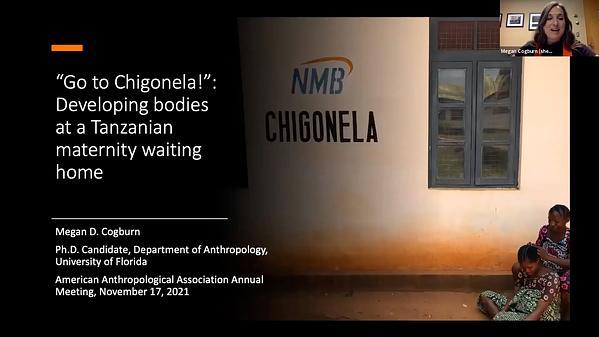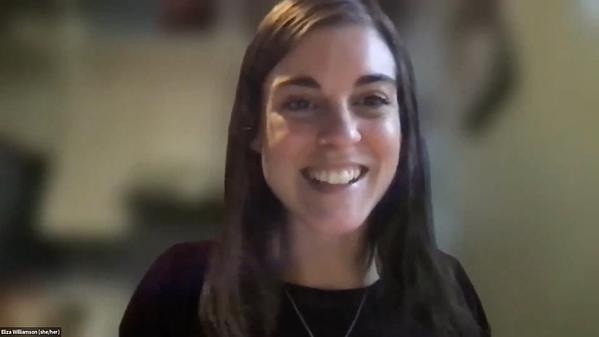Would you like to see your presentation here, made available to a global audience of researchers?
Add your own presentation or have us affordably record your next conference.
keywords:
development
body
health
“Development” as a paradigm has been both praised and contested. Its multiple meanings collide in a world that is constantly aiming towards “progress,” and women and children have long been singled out as targets of interventions in its name. Stakeholders often view children and mothers -- and “the mother-baby dyad” -- as sites of potentiality for the development of nations, especially in the Global South (e.g., Cheney 2007), and health conditions affecting especially small children and/or childbearing women have become focus areas for interventions (Yates-Doerr 2015). Anthropological scholarship on kinship, reproduction, and child development has critically discussed the consequences of implicit assumptions about race, gender, and class have of development aspirations and efforts (i.e., Pentecost and Ross 2019), but there are still many more questions to be asked regarding the impulse for and consequences of these development practices. This panel examines “embodied development” (Sargent 2019) by critically examining the links between developing countries and developing bodies. We propose to interrogate the ways in which “big-D development” (Mosse 2013) is bound up with concerns about, and interventions on, developing bodies. How are children especially imagined to embody -- quite literally -- national and global narratives of “progress”? What is the role of kinship and care in bringing bodies into alignment with the goals of development? Who is responsible for this care, and how is this responsibility gendered, raced, and classed? Toward what horizons of “success” do notions of development strive, and away from what notions of “failure” (Zoanni 2018)? What scientific “truths” do such horizons of success and failure draw upon, and what modes of being in the world do they foreclose? What alternative notions of “success” emerge in everyday engagements with and in developing bodies? And what is our responsibility as anthropologists to ethically engage children and caregivers to highlight the truths that help them to theorize their own worlds? The papers in this session attend to these questions through ethnographic engagements with maternal and infant health care in Tanzania and Haiti, autism and Congenital Zika Virus Syndrome in Brazil, pediatric cancer in India, and stunted growth in Guatemala, highlighting the ways in which bodies become imbricated in competing projects for d/Development.

